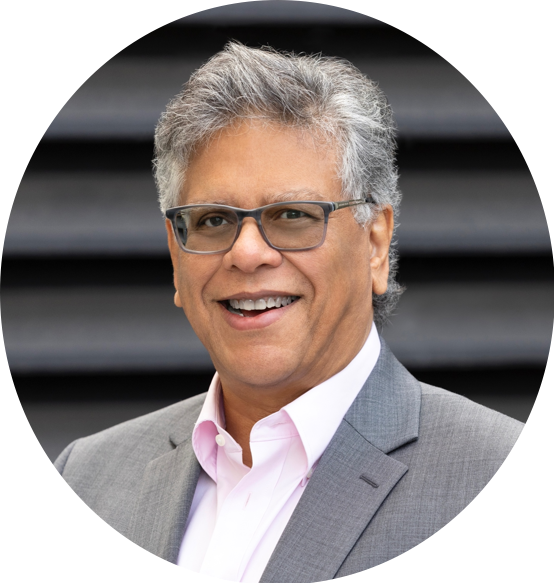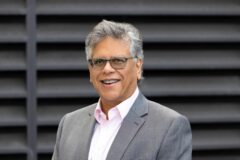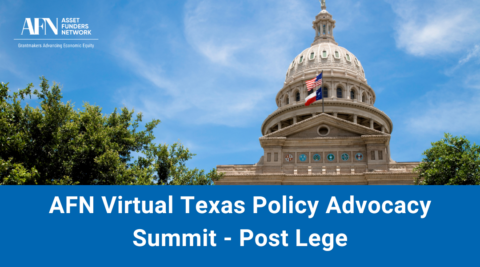
FROM THE PRESIDENT AND CEO
December 2024
Like you, AFN has been considering the political landscape changes and the likely effects on public policy—which is both foundational and simultaneously adjacent to what philanthropy can do to advance a just economy. Conflicts are energizing—they clarify stakes, focus attention, and motivate funders to get involved. But, focusing on warnings of doom (even accurate ones) is often distracting and ultimately less effective than our optimistic vision of a future of abundance. The economy will continue to grow, and it needs to include us all.
AFN’s fundamental vision, for the past 20 years and as we look to the future, is to work with all stakeholders to achieve economic opportunity and prosperity for all. The AFN mission has us engaging philanthropy to advance equitable wealth building and economic mobility. Our mission and vision have led us to deliver content and foster planning that focuses on facts, root causes, and possible solutions. This involves testing and advocating for the tools that could be available to LMI households and unpacking the systems—including policy and practices—that support or discourage (if not explicitly block) everyone from reaching for and attaining economic security and upward economic mobility.
AFN is very clear that the status quo is not acceptable. Too much talent and economic capacity is being squandered. Just as we all do better when everyone is thriving, we all suffer from the lost economic impact of those who are disinvested in and marginalized. When children, youth, workers, older adults, and their families—or any of our neighbors—are held back due to gender, race, ethnicity, immigration status, disability, or other status used to exclude a group of persons, we all suffer.
We will need more shared ownership solutions, recalculations of risk to support investment in small business, inclusive place-based strategies, and tools that the average worker can use readily. Laws may need to be changed to create opportunity and eliminate systemic barriers that result in too few economic winners. Continued disinvestment in those who are othered will end up costing us all health crises, fear, loss of hope, and callous manipulative calculations by raiding investors who celebrate short-term gains, resulting in closed businesses and institutions. We can and must do better.
Indeed, small businesses led by women and people of color will thrive with greater capital investments and inclusive networking. The economic return of post-secondary education will increase when the debt is modest or not at all present. Social insurance programs like Social Security and Medicare face shortfalls that can be easily remedied if the will exists. Health outcomes need not adversely impact economic engagement but only if we address the social determinants. Failure to anticipate and prevent the adverse outcomes of climate change reduces economic activity, but that outcome is avoidable if we are intentional. Embracing change instead of fearing it increases the realization of thriving new industries and jobs. Supporting organized labor and exposing employers that exploit or underpay employees will increase the economic capacity of those workers. Philanthropy’s focused investments and leadership will be instrumental in making this happen.
As this holiday approaches, in many traditions, it is about taking stock, celebrating family and culture, and maybe enjoying the security and stability one may have. For AFN, its members and many stakeholders, the resolve is to understand the past, acknowledge and celebrate the successes catalyzed by philanthropy, and face the future with renewed commitment and understanding that the new year is one that will produce successes in states and in industries. This new year we can and will foster many new ideas that will be the foundation for the just and inclusive economic future we strive for.



